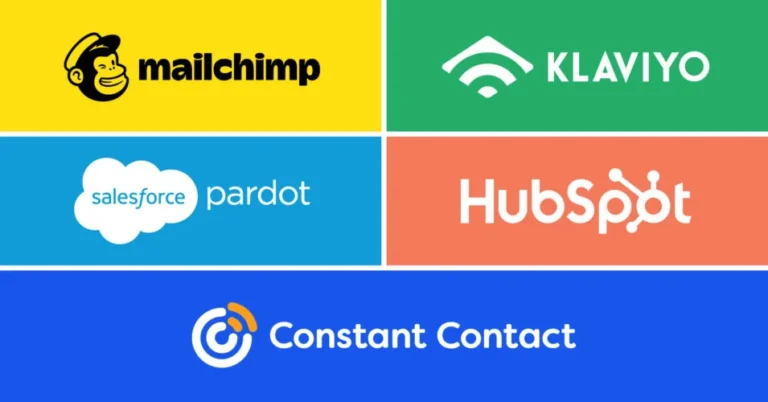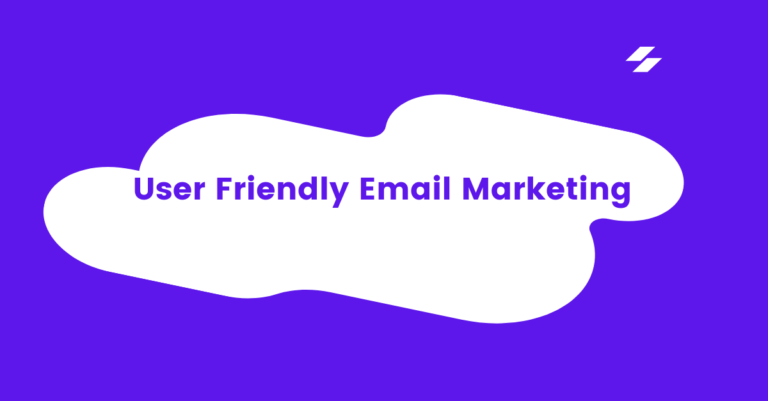![]()
![]()
![]()
Comparing Cost-Effective Marketing Platforms
Cost-Effective Marketing Platforms
Marketing is an essential part of business growth, but not all businesses have the luxury of a large marketing budget. This is where cost-effective marketing platforms come into play. They allow businesses to promote their products or services without draining their resources. By leveraging the right platforms, you can reach your target audience, generate leads, and boost sales, all while staying within your budget.
Why Choose Cost-Effective Platforms?
Cost-effective platforms are not just about saving money; they help businesses allocate resources more efficiently. Whether you’re a startup or an established brand looking to cut costs, these platforms offer the flexibility to scale as your business grows. They also provide you with various tools to analyze and optimize your campaigns, ensuring you get the best return on investment (ROI).
Key Factors in Choosing a Marketing Platform
Before selecting a marketing platform, consider these essential factors:
- Audience Reach: Does the platform allow you to reach your target audience?
- Cost: Is the platform affordable for your business size and goals?
- Ease of Use: Can you easily navigate and use the platform’s features?
- Analytics: Does the platform offer tools to measure success and ROI?
- Scalability: Can the platform grow with your business?
Social Media Marketing Platforms
Facebook Ads
Facebook Ads is one of the most widely used platforms for digital marketing, offering extensive targeting options to reach specific demographics. It’s relatively inexpensive compared to traditional advertising methods and allows you to monitor the performance of your ads in real time. Whether your goal is to generate leads, increase brand awareness, or boost engagement, Facebook Ads provides various campaign types to suit your needs.
Instagram Ads
As Instagram continues to grow in popularity, its advertising platform has become a vital part of many businesses’ marketing strategies. Instagram Ads allow for highly visual campaigns that can captivate audiences through images and videos. It’s particularly effective for brands that rely on aesthetics, such as fashion, food, and lifestyle.
Email Marketing Platforms
Mailchimp
Mailchimp is a powerful email marketing platform known for its user-friendly interface and free plan for businesses with smaller email lists. It offers automation features, customizable templates, and detailed analytics to track your email campaigns’ performance. The scalability of Mailchimp makes it ideal for businesses that are just starting but also need room to grow.
Constant Contact
Constant Contact is another popular email marketing platform that specializes in helping small businesses. While it’s not as feature-rich as Mailchimp, it offers excellent customer support and an easy-to-use dashboard. The platform is especially beneficial for businesses new to email marketing.
Search Engine Marketing Platforms
Google Ads
Google Ads is the gold standard when it comes to search engine marketing (SEM). With billions of searches conducted daily, this platform allows you to place ads in front of people actively searching for products or services like yours. Although the costs can add up quickly, the ROI can be tremendous when campaigns are properly optimized.
Bing Ads
While not as popular as Google Ads, Bing Ads can be a cost-effective alternative, especially for businesses with a niche audience. The competition on Bing is often lower, which can lead to cheaper clicks and conversions. It’s a solid choice for businesses that want to diversify their search engine marketing efforts.
Content Marketing Platforms
HubSpot
HubSpot is a comprehensive inbound marketing platform that includes tools for blogging, social media, email marketing, and analytics. Though it’s more expensive than other platforms, its all-in-one capabilities can save you money in the long run by eliminating the need for multiple services.
WordPress
WordPress is the go-to platform for content marketing, particularly for businesses looking to establish a strong online presence through blogging. It’s free to use, though additional costs can arise from plugins, themes, and hosting. WordPress’s flexibility and scalability make it an excellent choice for long-term content marketing.
Affiliate Marketing Platforms
Amazon Associates
Amazon Associates is one of the largest affiliate marketing platforms, allowing businesses to earn commissions by promoting Amazon products. It’s cost-effective because there’s no upfront cost—you only pay when you make a sale. This is an excellent option for bloggers, influencers, and small businesses.
ShareASale
ShareASale is another affiliate marketing platform that connects businesses with affiliates who can promote their products. The platform is highly regarded for its transparency and fair commission structure, making it a popular choice among businesses seeking cost-effective marketing options.
Video Marketing Platforms
YouTube Ads
YouTube Ads allow you to reach a global audience through video content. The platform offers various ad formats, including skippable and non-skippable ads, ensuring flexibility in how you engage with your audience. The cost is relatively low compared to traditional TV advertising, and you can target specific demographics for more efficient campaigns.
Ads TikTok Ads
TikTok is quickly becoming a powerhouse in the digital marketing world, especially for brands targeting younger audiences. TikTok Ads are highly engaging due to the platform’s creative and fun nature, making it an affordable and effective option for businesses looking to create viral content.
Cost Comparison of Popular Platforms
- Google Ads: $1 – $2 per click on average
- Facebook Ads: $0.50 – $1.00 per click
- Mailchimp: Free for up to 2,000 subscribers
- HubSpot: $50 – $800 per month depending on features
- YouTube Ads: $0.10 – $0.30 per view
Benefits of Cost-Effective Marketing Platforms
- Budget-Friendly: Ideal for small businesses and startups
- Scalable: Grow your campaigns as your business expands
- Measurable: Track ROI with built-in analytics tools
- Targeted Reach: Reach specific demographics effectively
Drawbacks of Cheap Marketing Options
- Limited Features: Some platforms offer fewer customization options
- Lower Reach: Budget constraints can limit how many people see your ads
- Learning Curve: Certain platforms require time to master
Tips for Maximizing Your Marketing Budget
- Leverage Free Trials: Many platforms offer free plans or trials
- A/B Testing: Test different versions of your campaigns to see what works best
- Use Analytics: Regularly review performance to optimize your efforts
- Focus on Organic Growth: Combine paid ads with content marketing for long-term results
How to Track Your ROI on Marketing Efforts
Tracking your ROI is crucial to understanding the effectiveness of your marketing efforts. Use tools like Google Analytics, Facebook Insights, and platform-specific dashboards to monitor key metrics such as:
- Conversion Rate
- Cost per Acquisition (CPA)
- Click-Through Rate (CTR)
- Return on Ad Spend (ROAS)
Conclusion
When it comes to marketing, finding the right balance between cost and effectiveness is essential. Whether you’re using social media, email marketing, or search engines, cost-effective platforms can help you reach your goals without overspending. Remember to keep your campaigns optimized, track your results, and adjust as needed to make the most out of your marketing budget.
FAQs
- What is the most cost-effective marketing platform for small businesses?
Facebook Ads and Mailchimp are great starting points due to their affordable pricing and scalability. - Is email marketing still effective in 2024?
Yes, email marketing remains one of the highest-ROI marketing channels, especially when done with personalized campaigns. - How do I measure the success of my marketing efforts?
Use analytics tools provided by each platform to track metrics like conversions, clicks, and engagement rates. - What are some free marketing platforms I can use?
WordPress for content marketing and Mailchimp for email marketing both offer free plans. - Can I run effective marketing campaigns with a small budget?
Absolutely! Platforms like Facebook Ads, Bing Ads, and TikTok Ads allow for small budget campaigns that can be highly effective.



